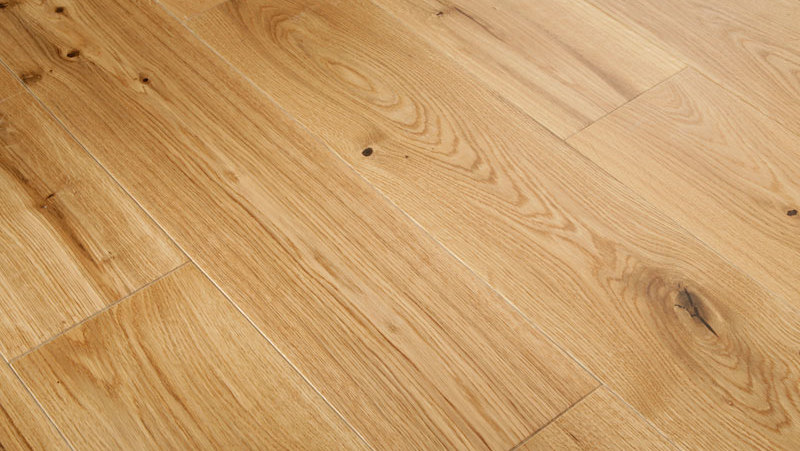
Solid Wood Flooring is Environmentally Friendly
May 30, 2018Environmentally friendly is a term that has received a large amount of buzz in practically every industry. Environmental factors are mentioned in the produce section of grocery stores, fabric materials for clothing brands, and even with your wooden flooring options. In midst of all the environmental buzz, have you ever considered solid hardwood flooring as an environmentally friendly option? In fact, it may be one of the most sustainable flooring materials available.
If you want to reduce your carbon footprint, use a renewable resource that is sustainable. And you can do that by using solid wooden flooring.
Renewable Resource
As you know, trees are a renewable resource. A common misperception about solid hardwood flooring is that the thick, solid planks waste more trees than thinner options like engineered flooring. While that is true, when solid wooden flooring is fitted into a space, it will last a lifetime and typically not need replacing. Other alternatives may need to be replaced frequently, making them less environmentally friendly.
Carbon FootPrint
As you know, a large per cent of wood flooring comes from the UK, so to maintain a low carbon footprint, it is important to that you purchase wooden flooring in the UK to reduce shipping needs. By law in the UK, all trees that were removed from deforestation must be replanted. If you must purchase your wooden flooring outside of the UK, then at least check for the Forest Stewardship Council (FSC) logo stamped on the planks.
Sustainability
Lastly, wooden flooring is long lasting and will not require replacement as often as carpet or tiles. In fact, wooden planks are designed to be re-sanded multiple times, allowing the floor to last up to three times longer than other flooring options.
As always, stop by our blog for all of your flooring needs. Speaking of renewable resources, make sure to try samples of bamboo flooring.





